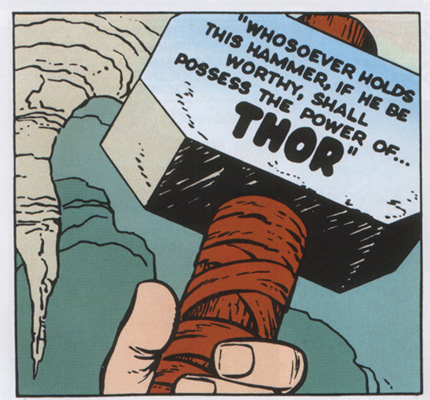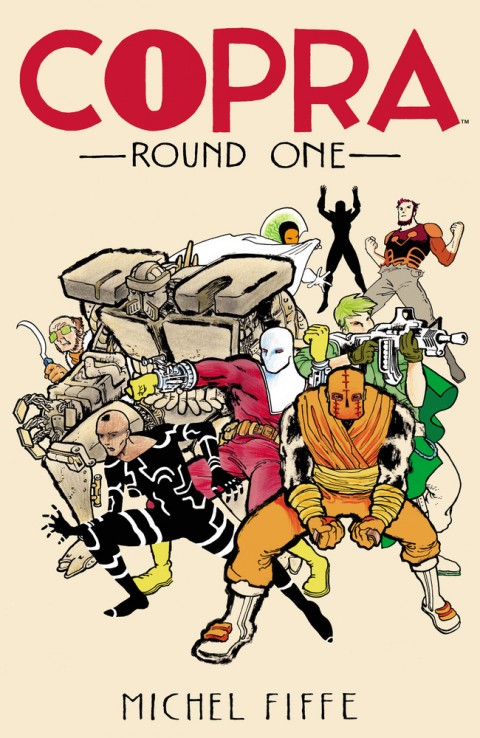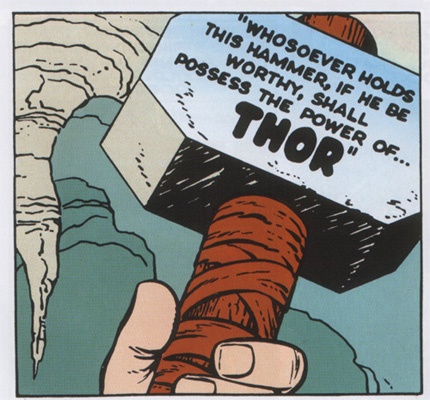 Every Wednesday I race home with a bunch of comics and start to read through the pile. I do this because of my extreme dedication to excellence in the field of professionalism; in short, I do it for you, the reader.
Every Wednesday I race home with a bunch of comics and start to read through the pile. I do this because of my extreme dedication to excellence in the field of professionalism; in short, I do it for you, the reader.
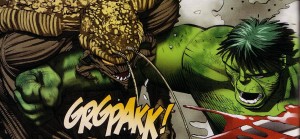 On average it takes about 15-20 minutes to read a comic book. I should clarify that last statement: it takes 15-20 minutes to read one of today’s comic books. I remember comic books taking longer to read when I was younger, and even though I am (presumably) a faster reader now than I was at the age of 10 I decided to test this theory and so I examined comics books from the 60’s until now.
On average it takes about 15-20 minutes to read a comic book. I should clarify that last statement: it takes 15-20 minutes to read one of today’s comic books. I remember comic books taking longer to read when I was younger, and even though I am (presumably) a faster reader now than I was at the age of 10 I decided to test this theory and so I examined comics books from the 60’s until now.
In the interest of fairness I did not look at modern books such as World War Hulk for obvious reasons (WWH is the Everybody Poops of comic books in terms of word count). And to keep this experiment somewhat controlled I only used Spider-Man comics. This is what I found.
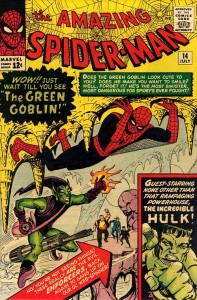 The Amazing Spider-Man #14 (1964) had approximately 220-250 words per page. Stan Lee had a desire to expound his verbosity in the form of loquacious exposition, but it was a key part of telling the story back in the 1960’s. The Marvel Universe was new back then and the creative teams figured that it would be necessary to explain exactly what was going on instead of showing it.
The Amazing Spider-Man #14 (1964) had approximately 220-250 words per page. Stan Lee had a desire to expound his verbosity in the form of loquacious exposition, but it was a key part of telling the story back in the 1960’s. The Marvel Universe was new back then and the creative teams figured that it would be necessary to explain exactly what was going on instead of showing it.
Marvel Team-Up #66 (1978) had approximately 160-180 words per page. In a mere 14 years we have seen a big shift in the way comic book writers told a story. First off, there was now more than one of them (Stan wrote almost everything back in the 1960’s) so they could try to experiment with crazy ideas like not explaining every silly thing that a hero did.
The Spectacular Spider-Man Annual from 1988 had approximately 100-120 words per page. You can see where this is heading. Apparently the comic book industry felt that people didn’t like to read and that they preferred to look at the pictures. This trend also coincided with the rise of the artist as a star. Rob Liefield and Todd McFarlane thank you illiterate goofballs.
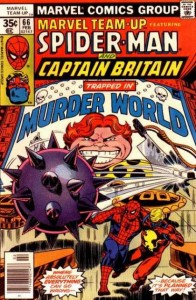 Finally, I jumped ahead and took a look at the Amazing Spider-Man #631 (2010). It had approximately 56 words per page (staggeringly low). Your cell-phone bill has more words in it. At this rate in 5 years a Chinese take out menu will look like Ulysses compared to a comic book.
Finally, I jumped ahead and took a look at the Amazing Spider-Man #631 (2010). It had approximately 56 words per page (staggeringly low). Your cell-phone bill has more words in it. At this rate in 5 years a Chinese take out menu will look like Ulysses compared to a comic book.
But what does this all mean? There has obviously been a trend towards using fewer words in the medium but has the medium improved due to this trend?
I would say no. There is no perfect ratio of words and pictures, but there needs to be a minimum of each for a comic book to be considered a comic book (I know that some comic books have zero words, but they are the exception that proves the rule). In terms of per hour entertainment comic books are very expensive (think about it: $4 for 20 minutes is like paying $24 to see a movie) and the lack of verbs and nouns is not adding value.
This loss of the written word also speaks to a fundamental shift in how the industry tells a story. Less is happening each issue and therefore more issues are needed to complete a storyline. This is of course great if you are in the business of selling trade-paperbacks, but not so great if you want to trade-paperbacks to contain stories that are memorable, iconic, and timeless.
Take heed comic book industry: you have officially been put on notice.
Anthony Falcone is a freelance writer living in Toronto and he needs more cowbell. If you have need of his services you can reach him at falcone[dot]anthony[at]gmail[dot]com. You can also view his elegant words of prose at The Nerd Alert.com.

